Six years after Steve Jobs relented and agreed to allow third-party developers native access to the iPhone, the App Store has grown into a cultural phenomenon that connects people, drives innovation, and supports more than a million families around the world.
The App Store is so popular today that it's almost hard to remember that Apple originally launched iPhone without it, initially only supporting builtin apps and web apps accessible via the browser (Facebook and a transit web app, below).
When Apple delivered its iPhone Software Development Kit and opened its new App Store to third party native apps, the results blew away existing mobile software designed for platforms like Nokia's Symbian, Palm OS and Microsoft's Windows Mobile.
And while those companies scrambled to open new stores of their own, from Nokia's Ovi to Palm's revamped App Catalog for webOS to Microsoft's Windows Phone Store to BlackBerry World, none achieved similar successes despite far larger installed bases of users.
Apple's closest competitor is Google's Play, which boasts more titles and more users but still trails the App Store in overall quality and desirable, exclusive titles for smartphones. Developers overwhelmingly write for iOS first because Apple's platform offers better development tools, a unified platform of user devices on the same OS release, and far less hardware fragmentation.
App Stores for iPad, Macs
A year and a half after launching, Apple expanded the App Store to support the introduction of its new iPad, resulting in an immediate software market for tablet optimized titles. No other tablet has since developed a similar library of unique software titles.
Later that year, Apple also announced it would expanded the App Store to Macs, which opened in January 2011 with its own app, outside of iTunes.
Apple now uses the Mac App Store to deliver its own system and app updates, and has, like iTunes iOS App Store, added iCloud support for enabling automatic downloads of purchases across a user's devices.
In iOS 8, Apple announced plans to further support Family Sharing, including the ability share purchased apps and to "ask to buy" apps approved by a parent.
App Stores for iPad, Macs
The iTunes iOS App Store now has more than 1.2 million apps— and over the last six years has seen 75 billion downloads— as the company noted at its Worldwide Developer Conference last month.
App Store downloads have generated more than $15 billion paid out to Apple's 9 million registered developers, and the App Store now reaches users in 155 countries.
A report by Morgan Stanley released two months ago indicated App Store revenue is on track to exceed Apple's iTunes Store by the end of this year.
 Daniel Eran Dilger
Daniel Eran Dilger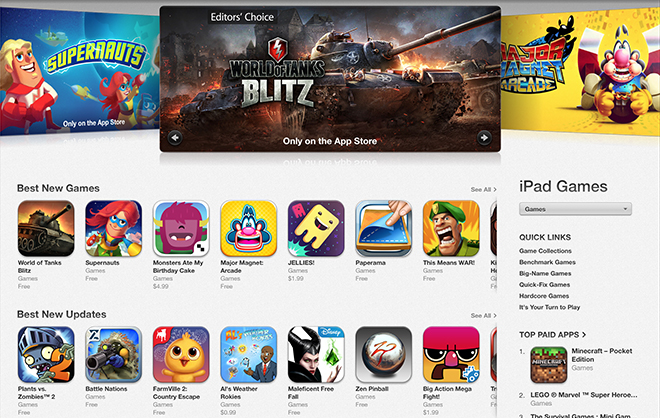
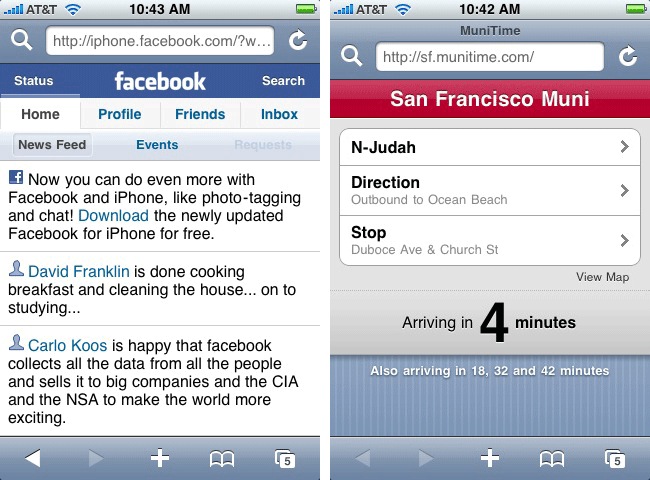
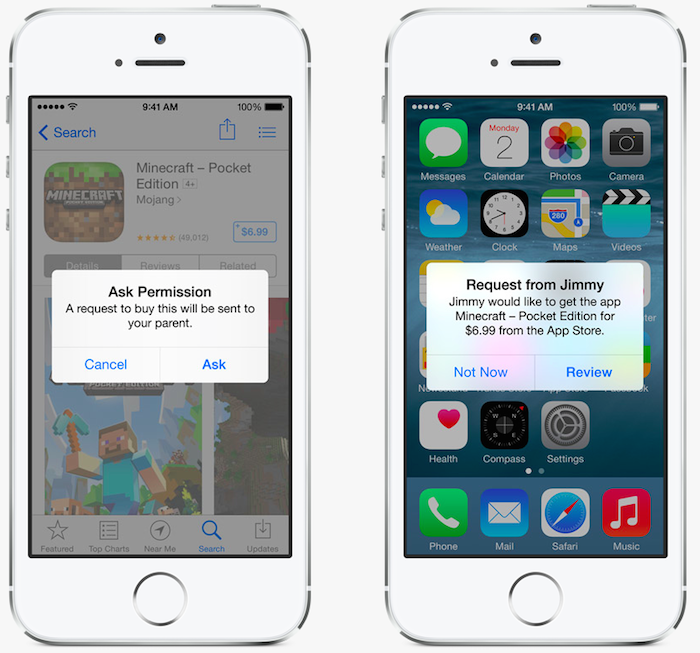
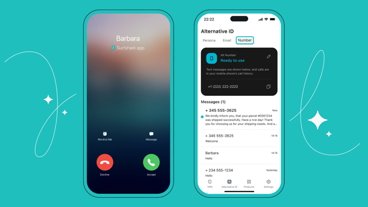


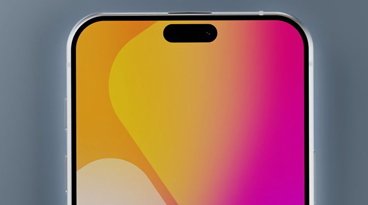



-m.jpg)



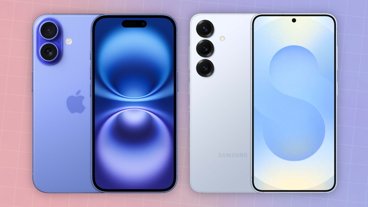

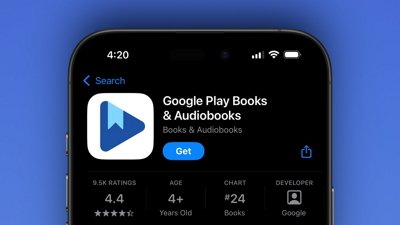
 Wesley Hilliard
Wesley Hilliard
 Malcolm Owen
Malcolm Owen
 Amber Neely
Amber Neely
 Christine McKee
Christine McKee
 Andrew Orr
Andrew Orr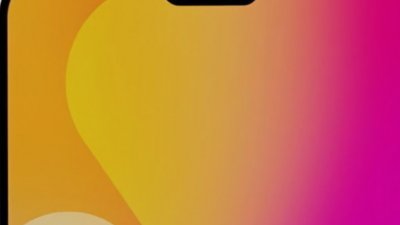

 Mike Wuerthele and Malcolm Owen
Mike Wuerthele and Malcolm Owen
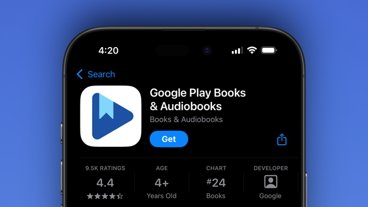









27 Comments
The thing that truly separated the iPhone and made it where it would take years for anyone else to catchup (And they still haven't).
More brilliant than any other feature IMO.
I remember my 6th birthday. Oh. Wait, no, I don't.
The thing that truly separated the iPhone and made it where it would take years for anyone else to catchup (And they still haven't).
More brilliant than any other feature IMO.
Sure, it's easy to mimic iPhone and iPad hardware. Even Samsung made a pretty good attempt at it.
But it's nearly impossible to copy a rich, deep, robust ecosystem. Not quickly, anyway. It took years for the iTunes ecosystem to evolve.
Meanwhile, competitors all focused on mimicking
They'll never catch up now. Especially not the fragmentation-stricken competitors.
How exactly is Apple celebrating this? I missed it in the article.
I've been playing a bit of that new game which is shown on the top picture in the middle, World of Tanks Blitz. I love those kind of games, and I find it to be pretty good. It's fun to play an online game 7 vs 7, whenever you feel like blasting away at other opponents from all around the world. I'm pretty good at it too. My record so far is killing 6 out of 7 enemy tanks all by myself. Those poor bastards never even knew what hit them. All games start quickly, and you never have to wait long. They obviously must have some good servers, which is not surprising since World of Tanks is huge on desktop. Graphics are very nice, gameplay is good.
As for the Apple App store, nothing else even comes close to it!
If anybody is into having the best apps, the latest and newest games, and plenty of other apps, especially business and professional apps that are ONLY available for iOS, then there is simply no other choice than Apple. I know that some people like to give me flack for simply speaking my mind, but I don't give a rats ass about what they think! Android is for amateurs and poor people! Android disgusts me, and so do many of their users. It is truly a race to the bottom, and Android is a cancer to the whole tech world and to innovation.
More and more console quality and desktop quality games are also being released for iOS, that's awesome! Mobile gaming is a hell of a lot more than just playing some quick game of Angry Birds.
I also have no problems with paying $10-$15-$20 for a really good game, like a port that's done really well from console or desktop. The most that I have spent on one single app so far is probably around $50, for a pro audio app, and it was well worth it.